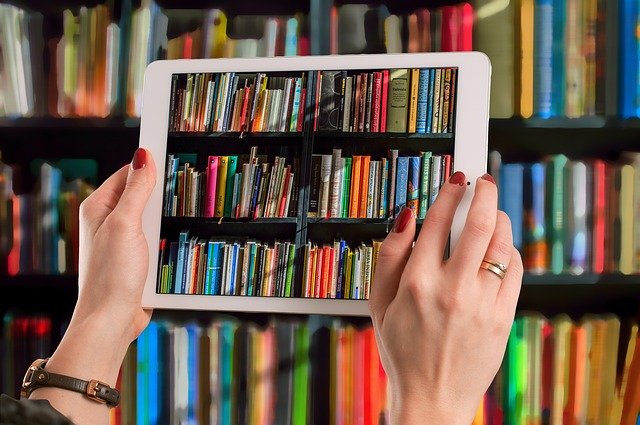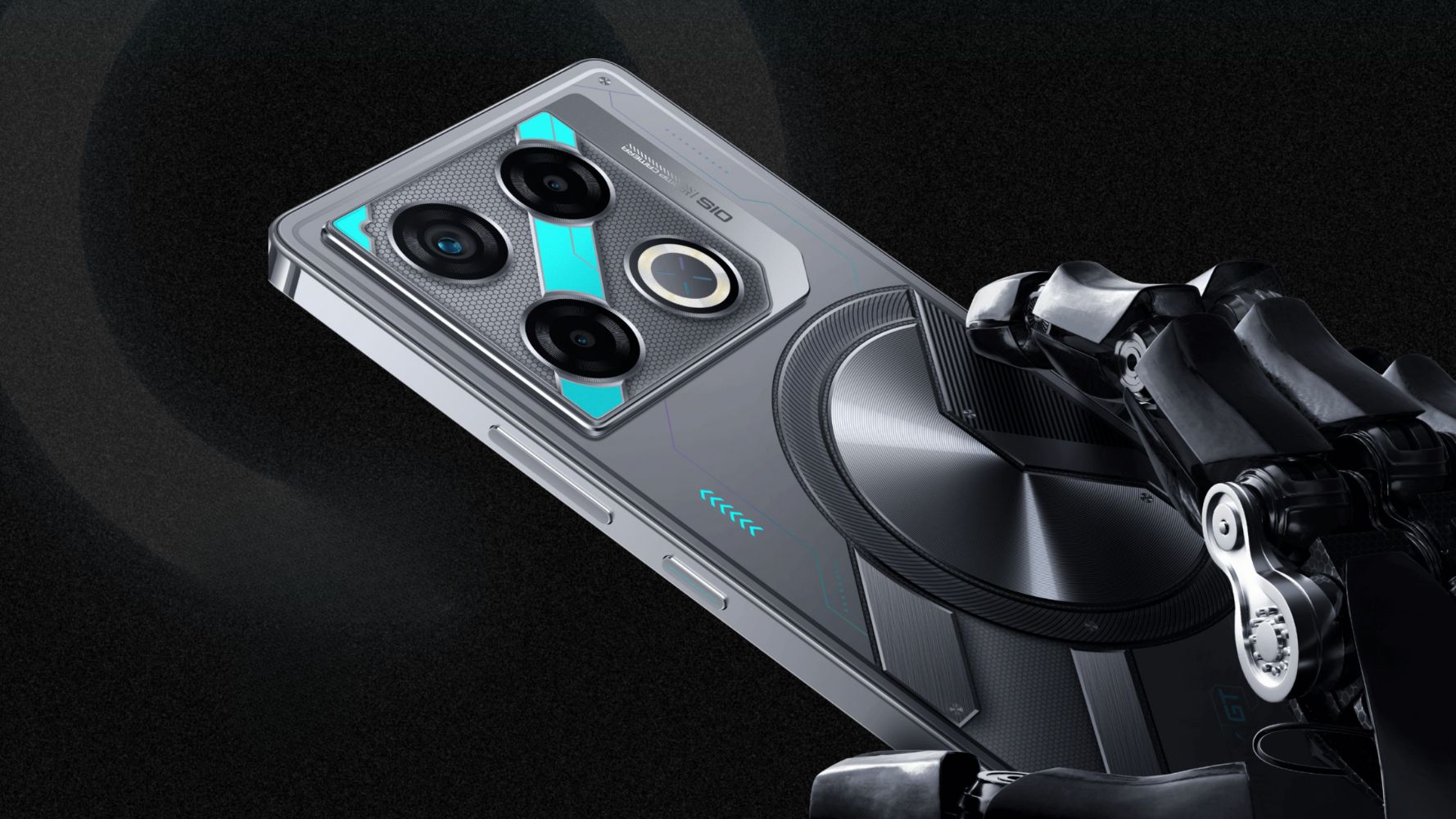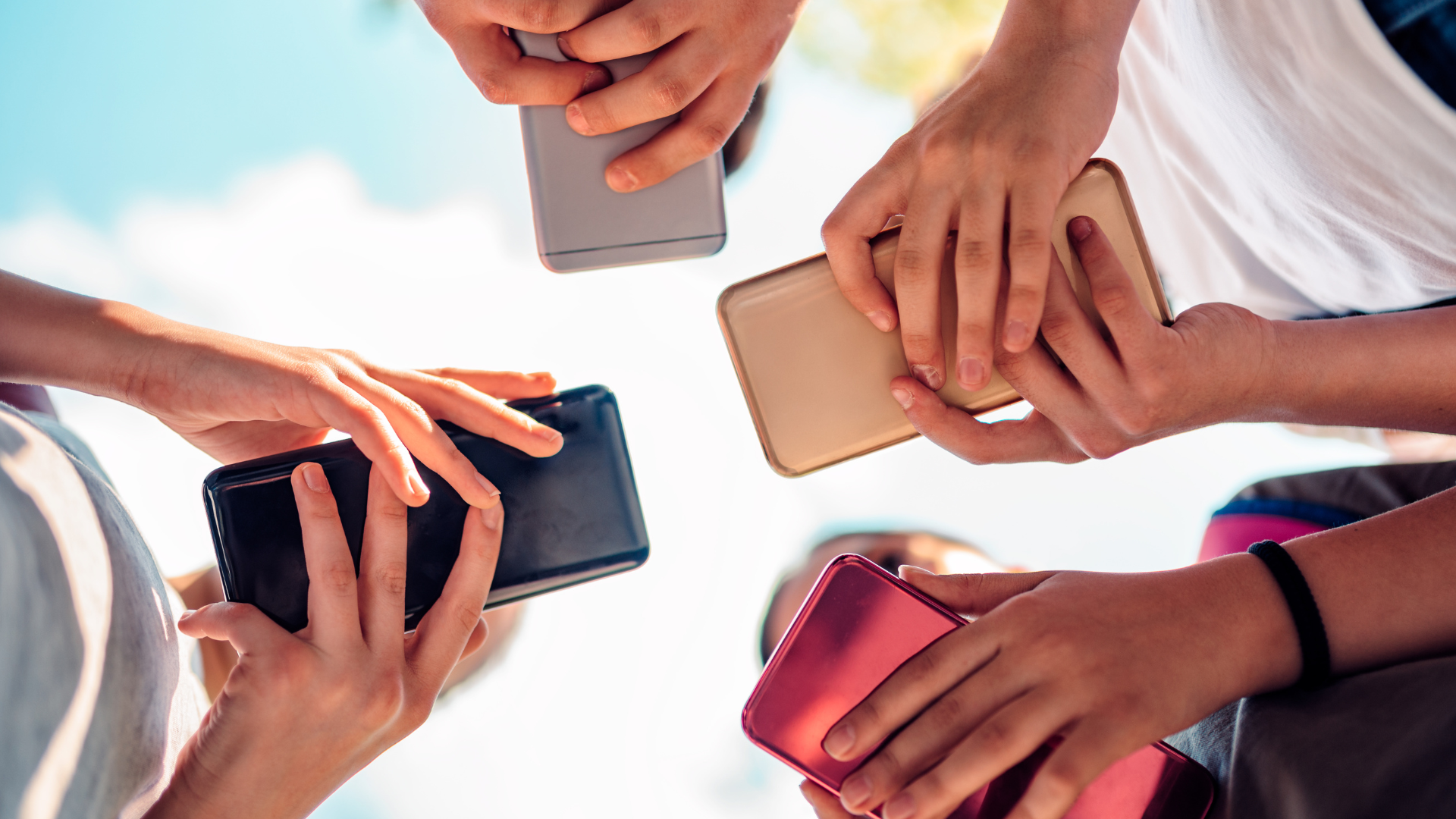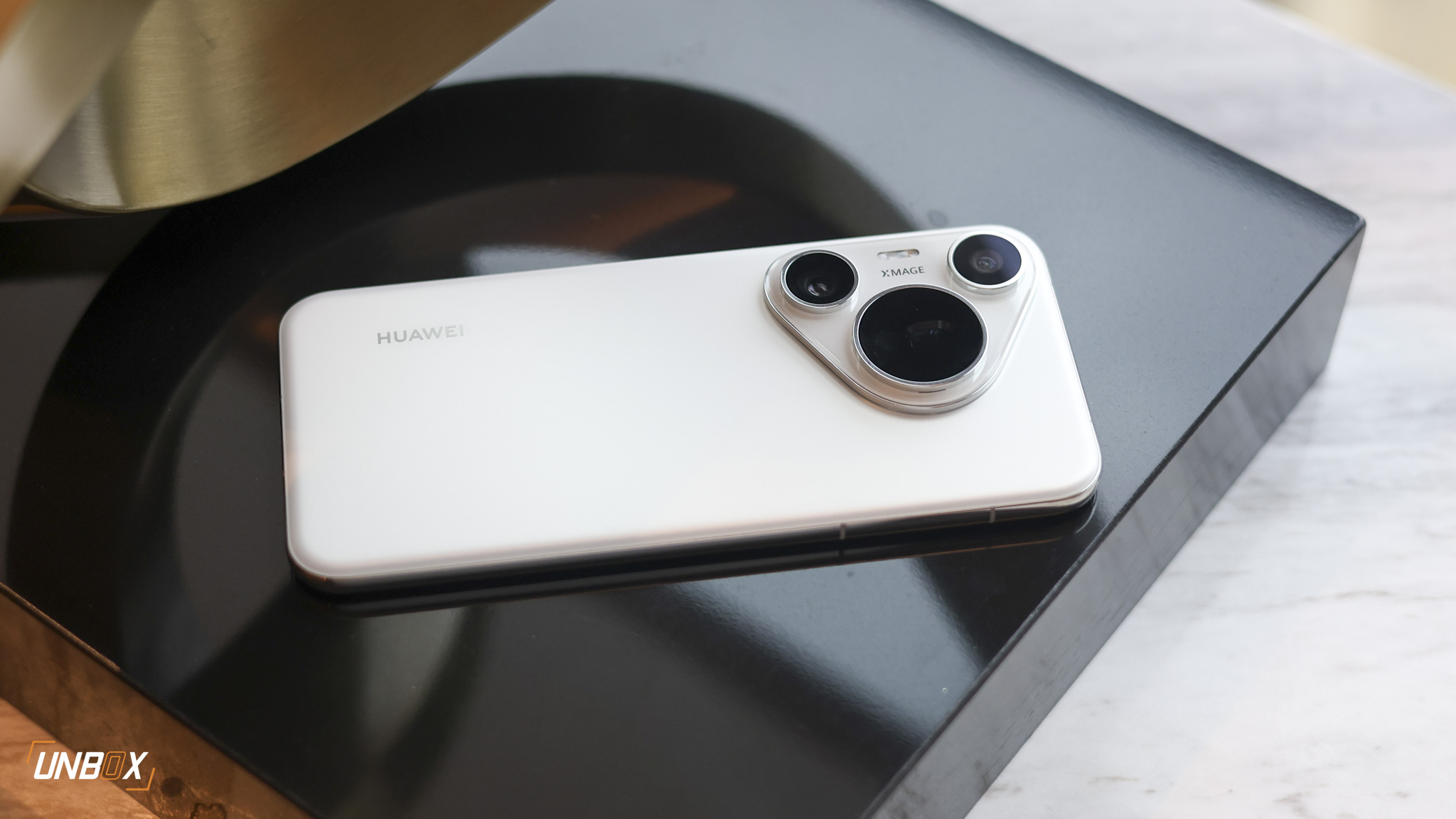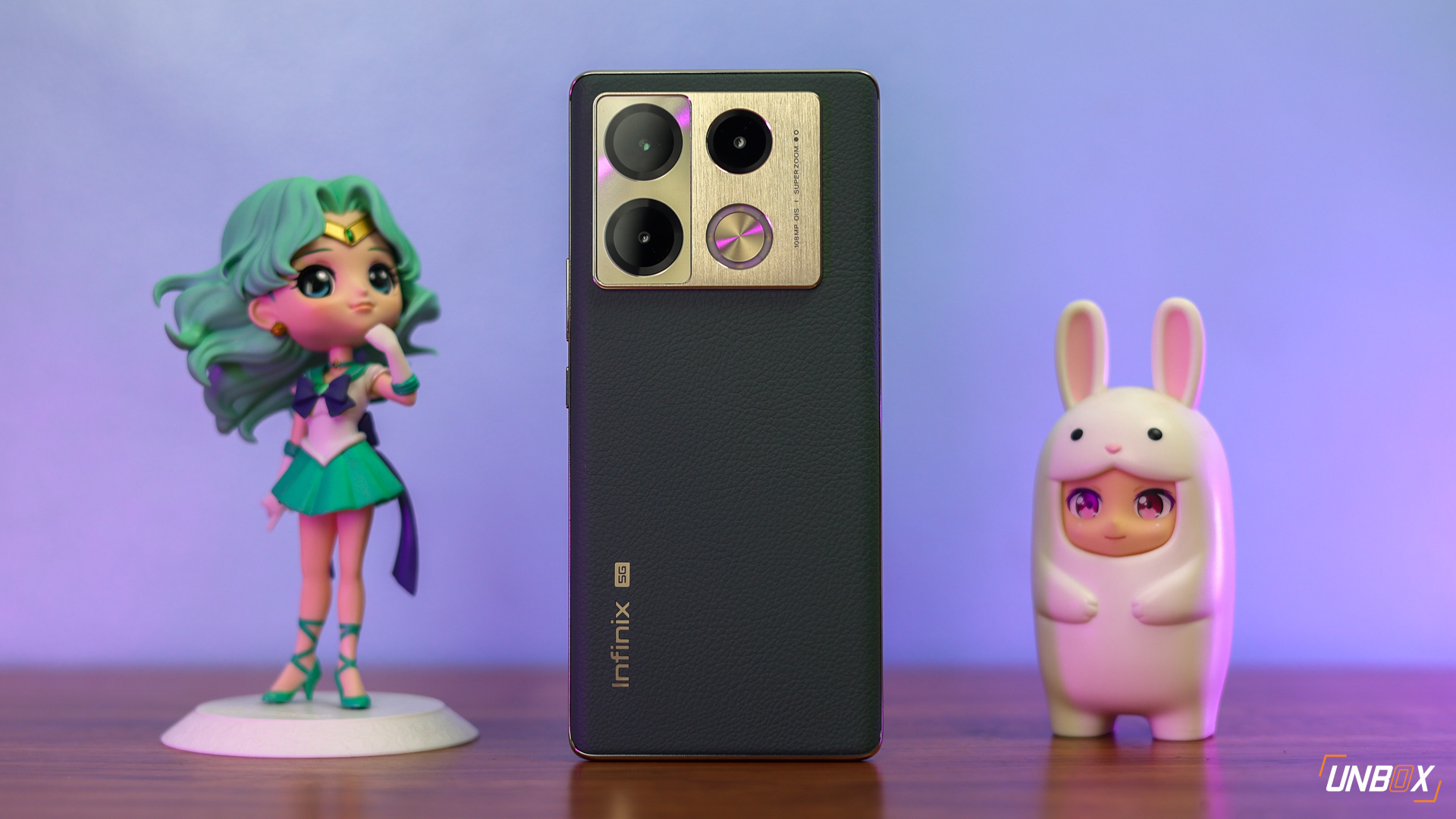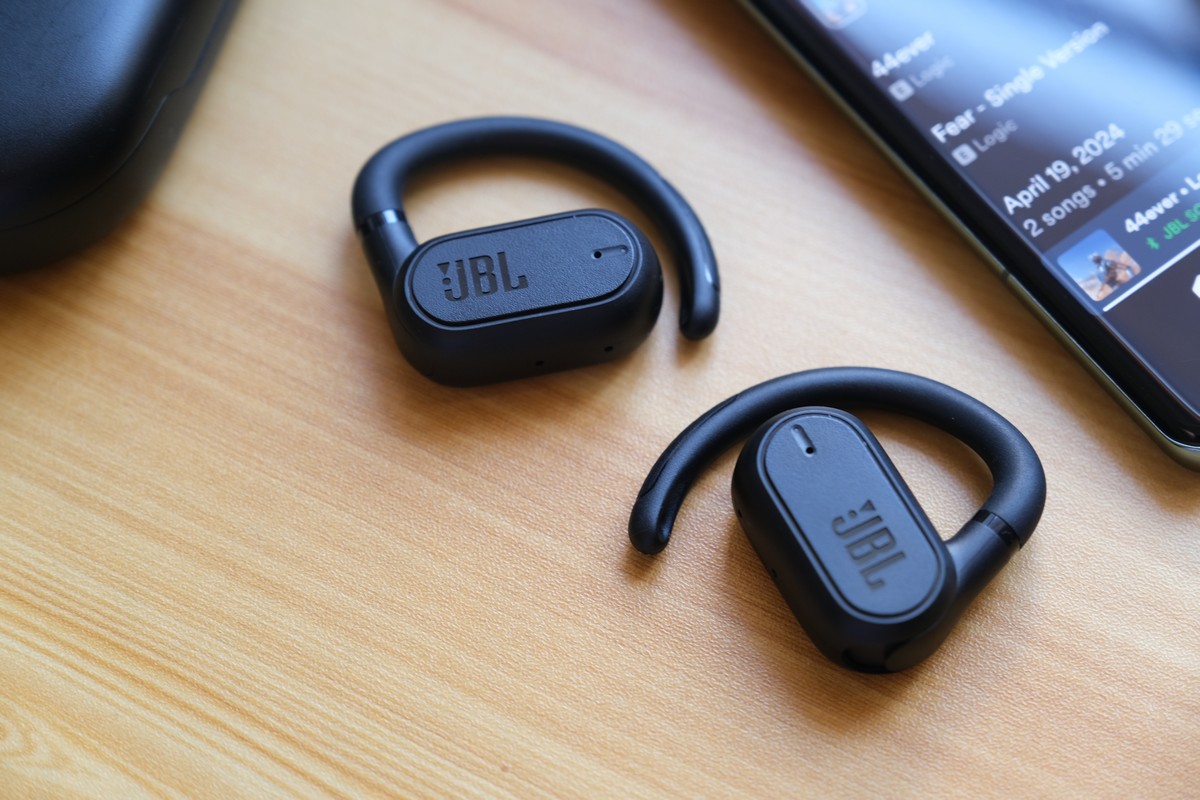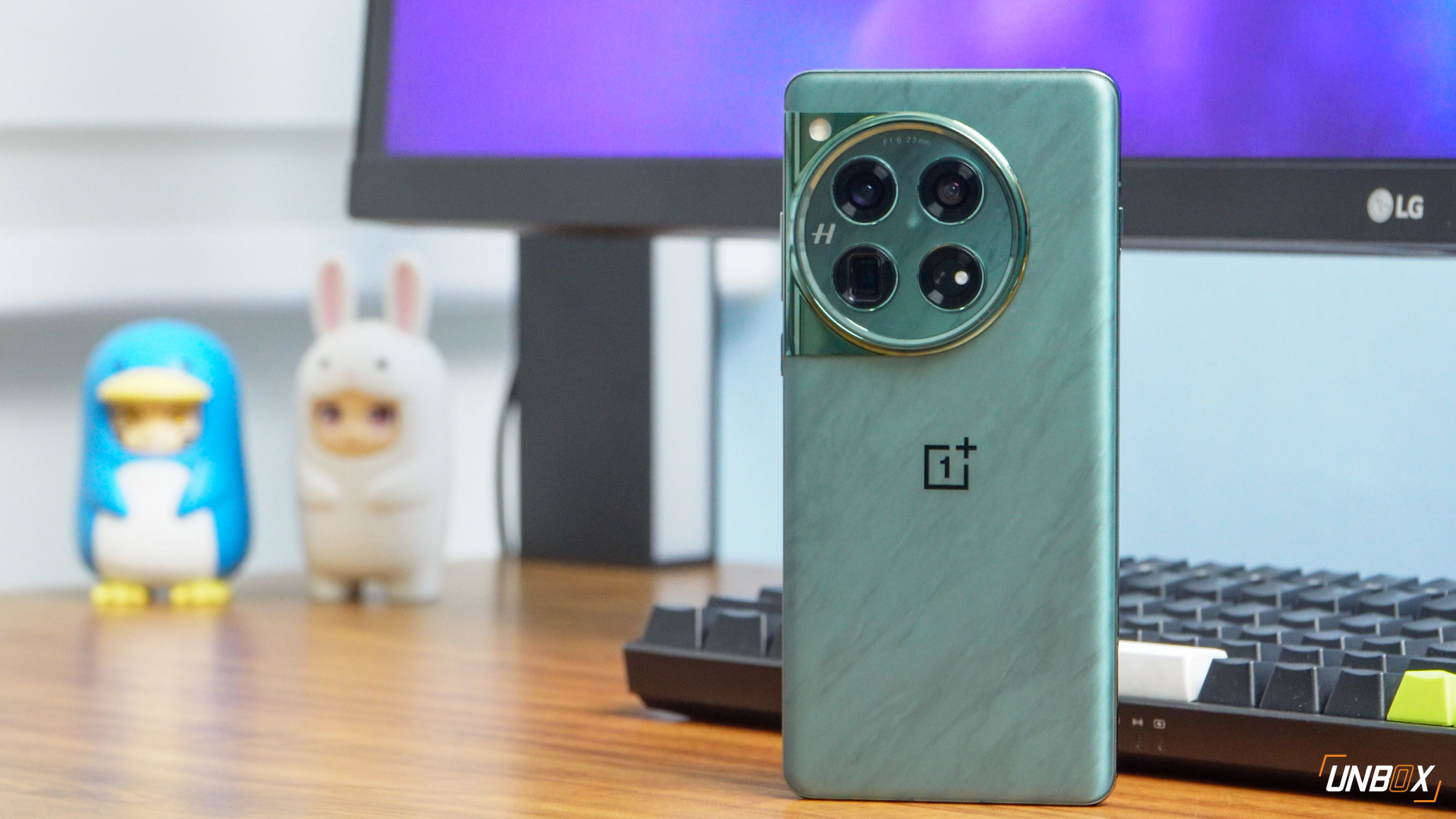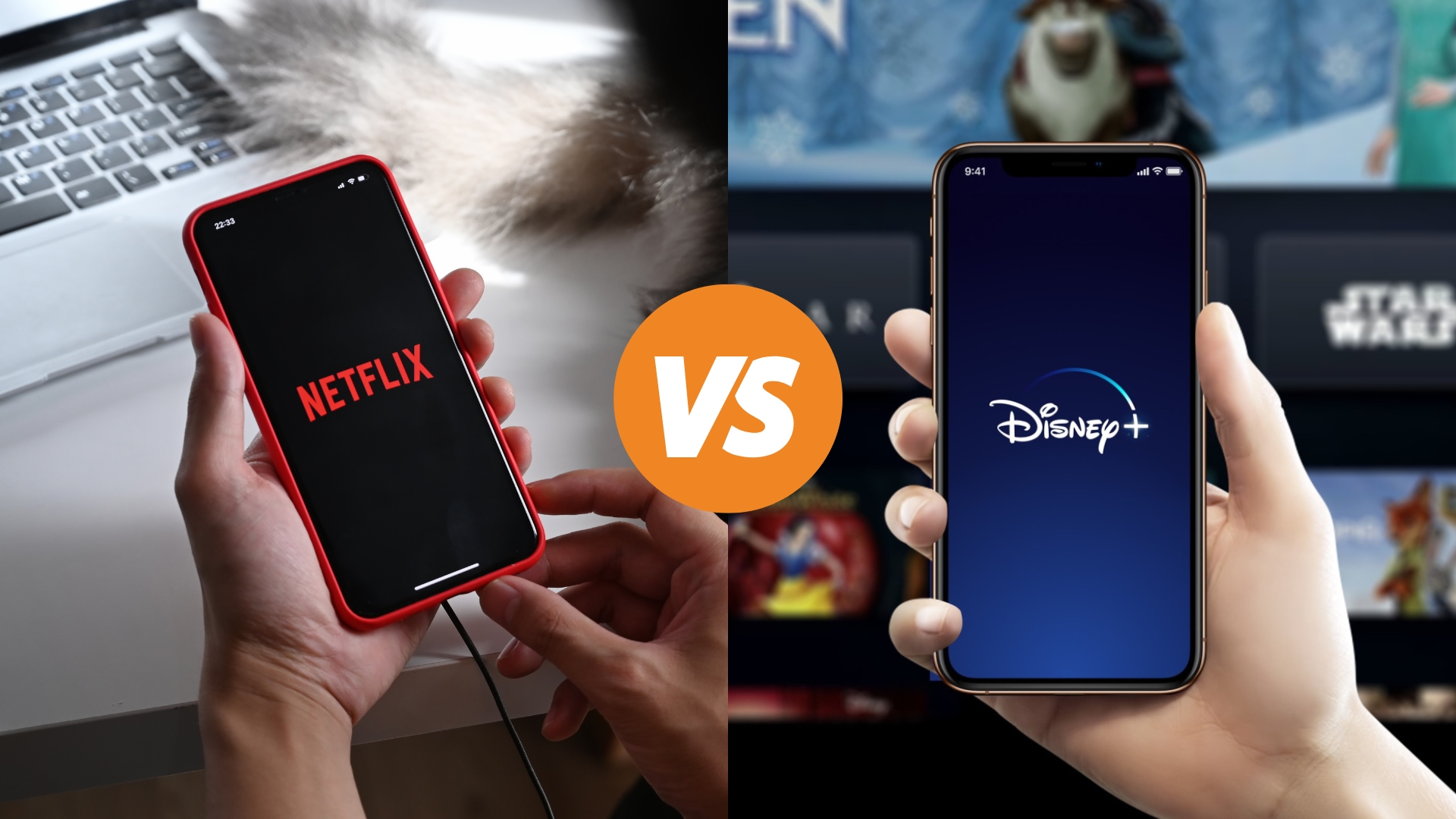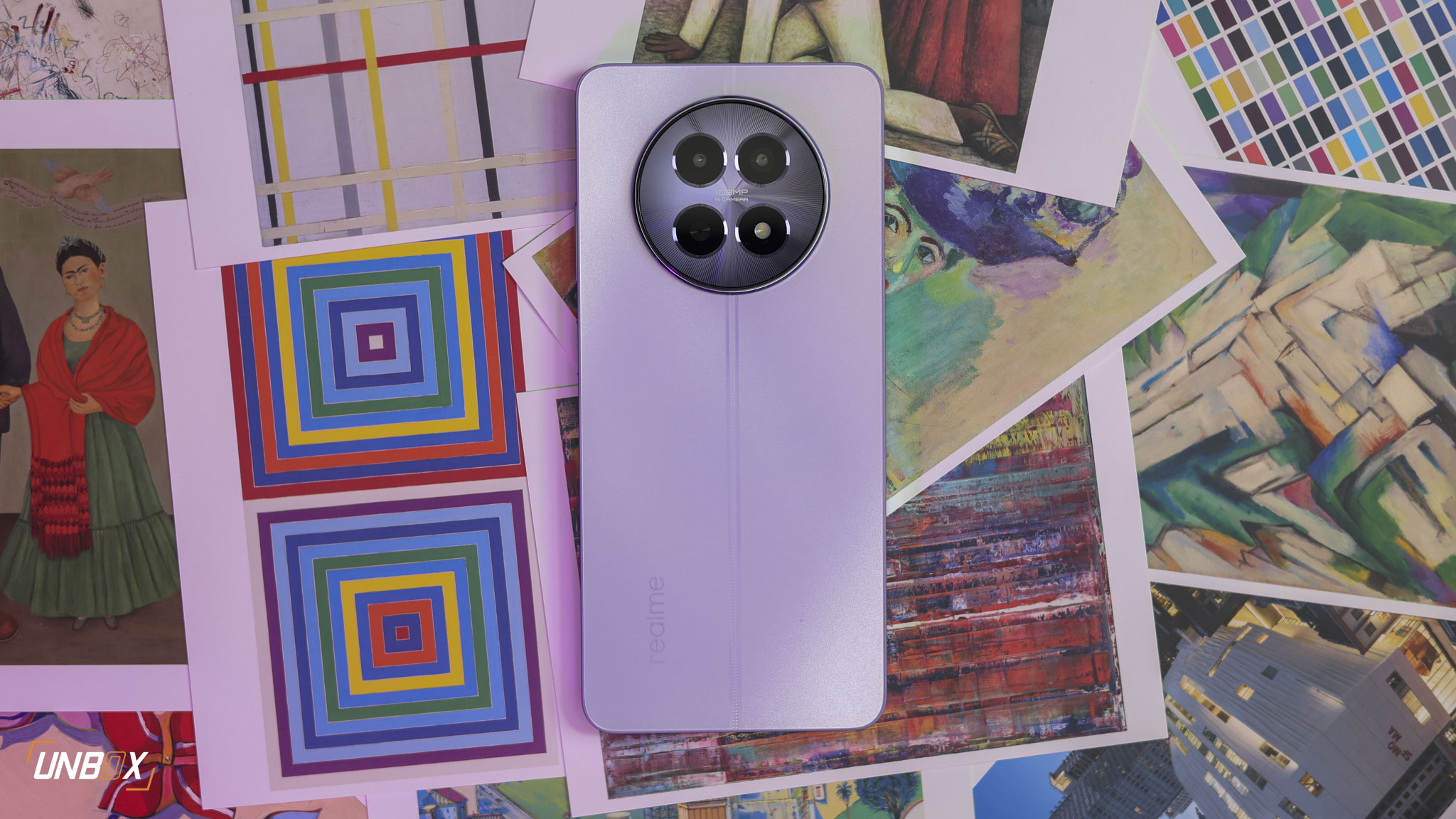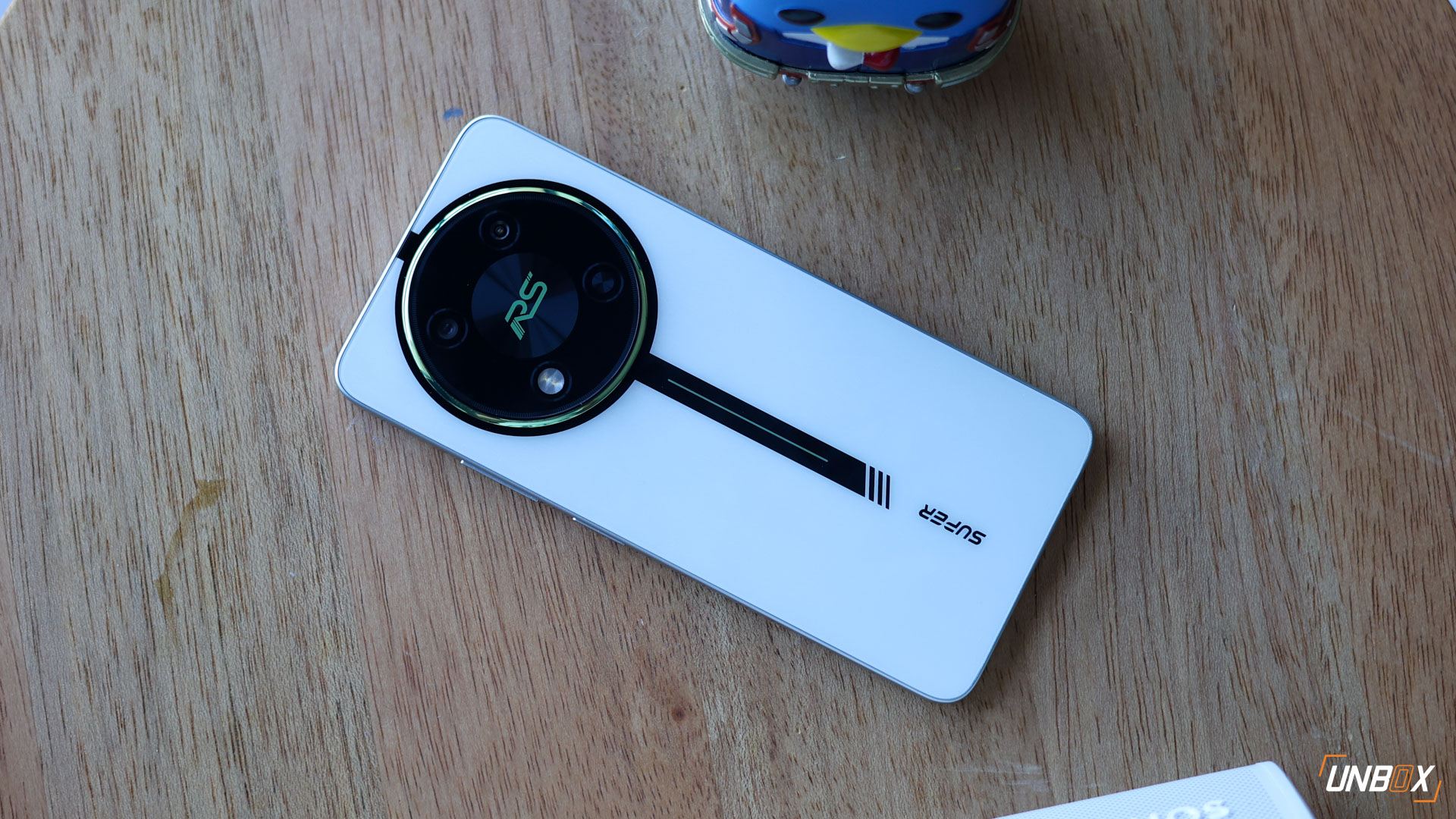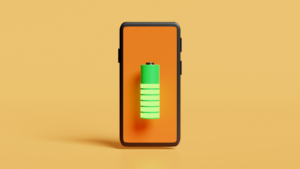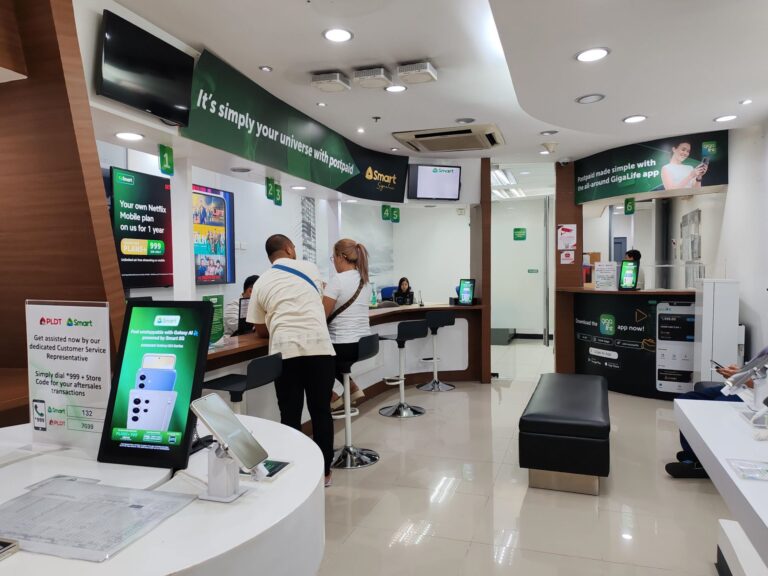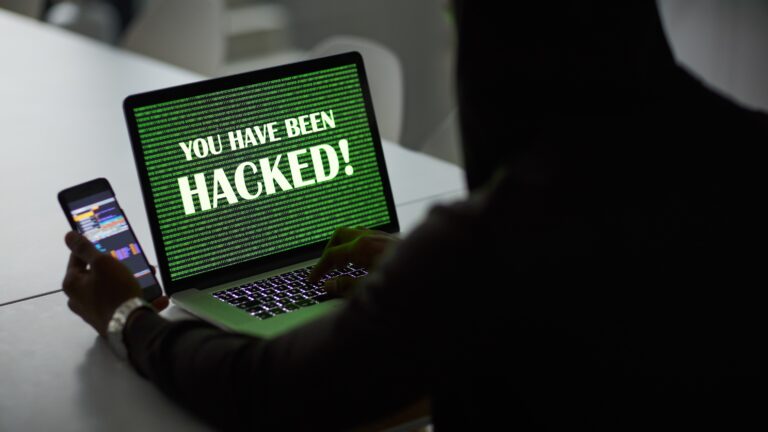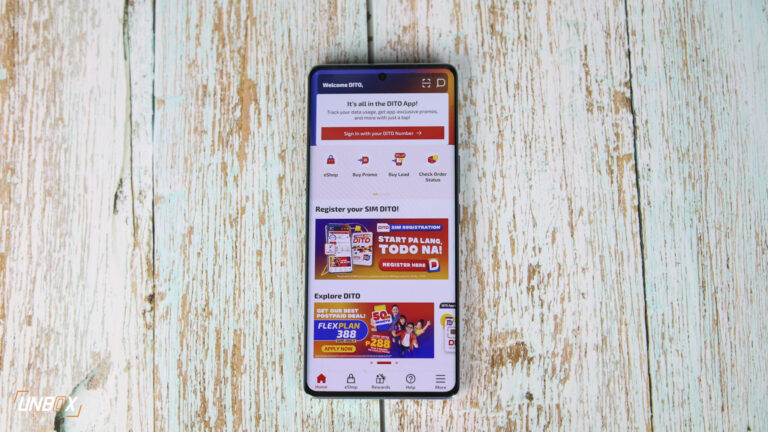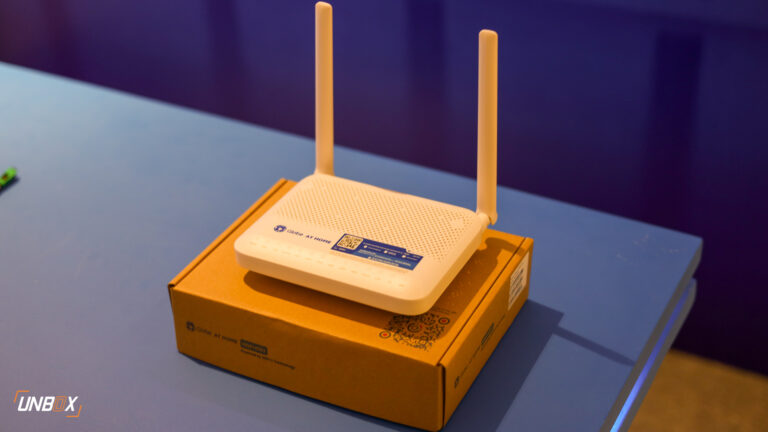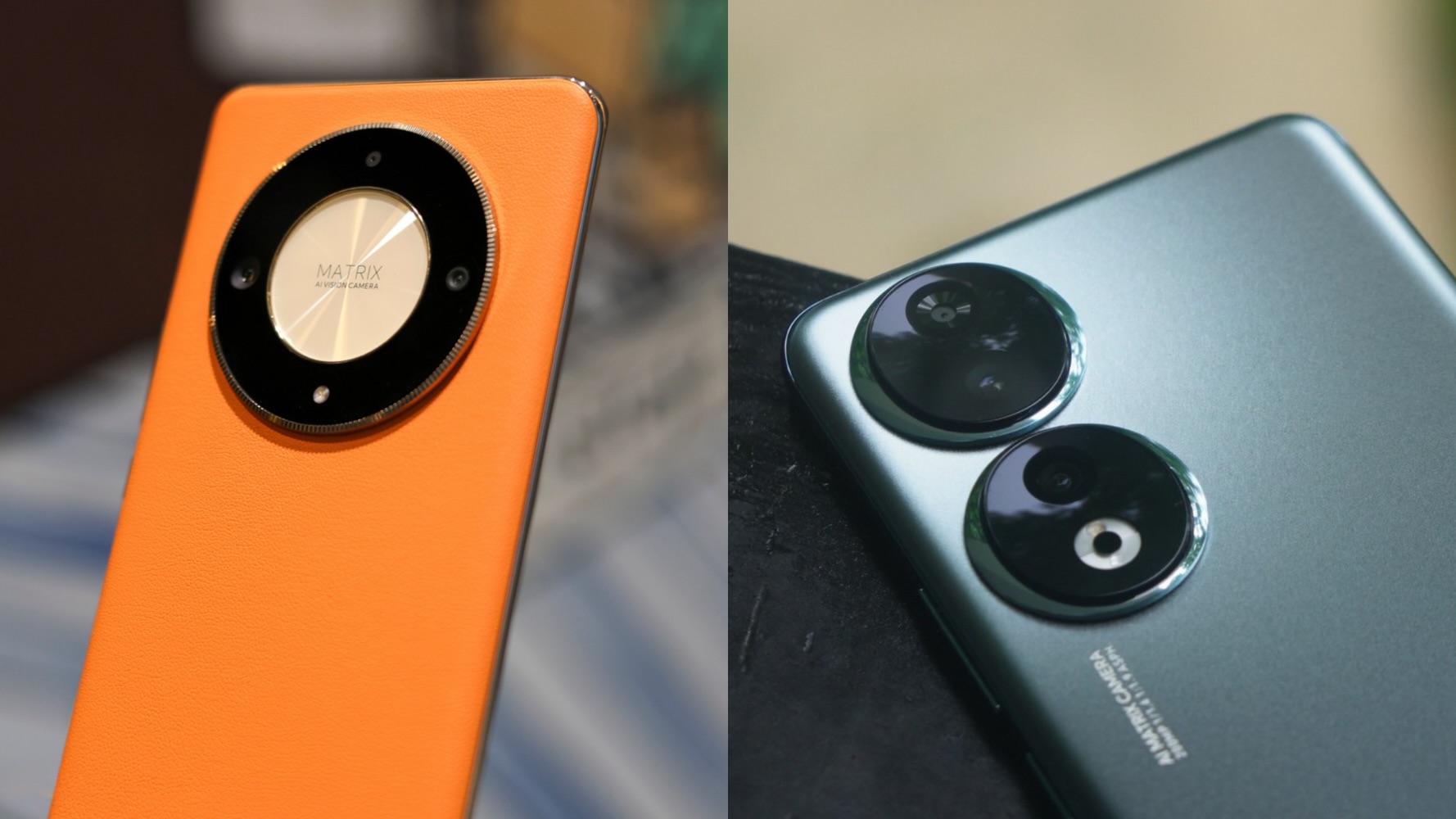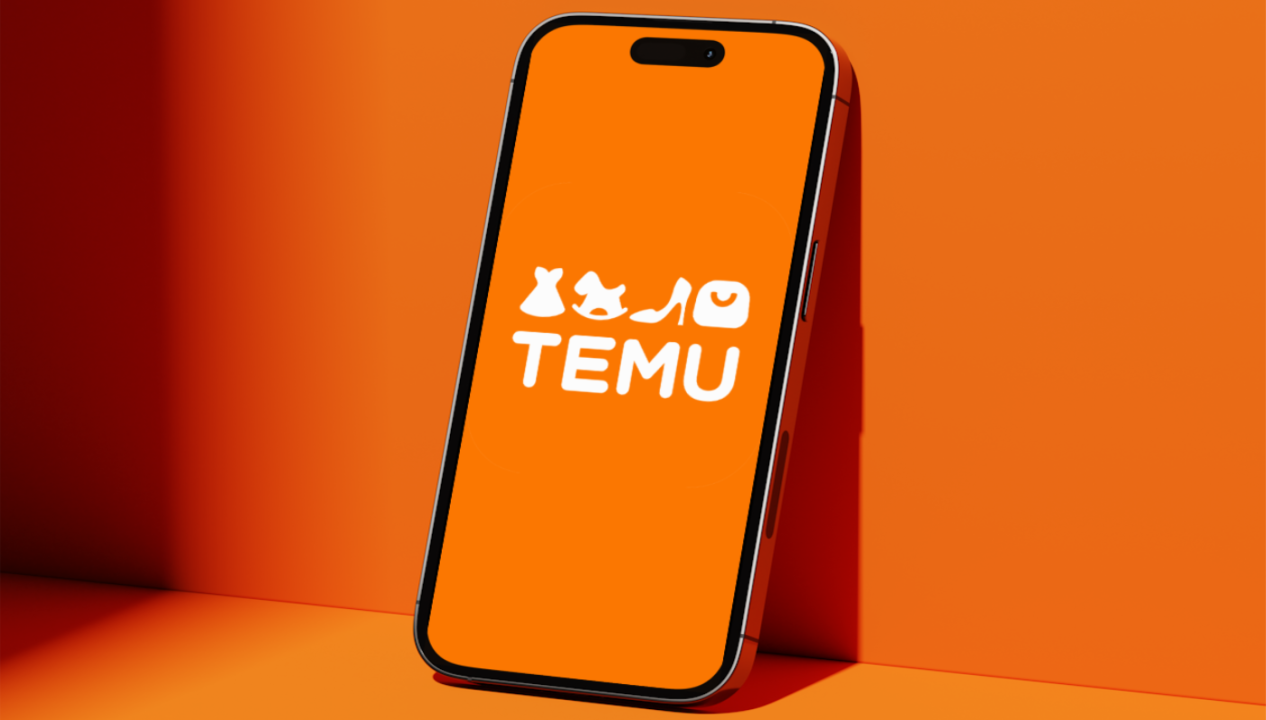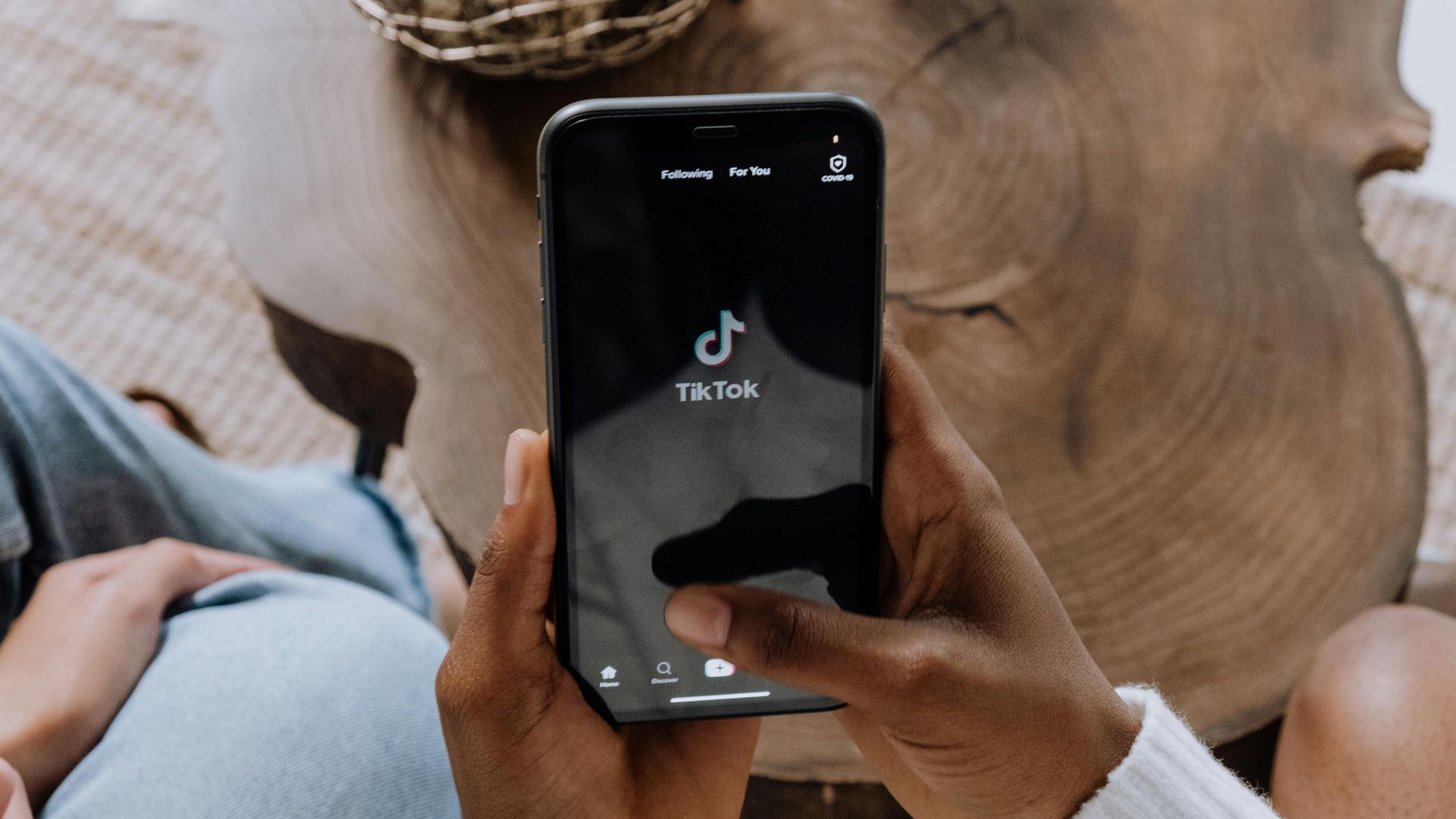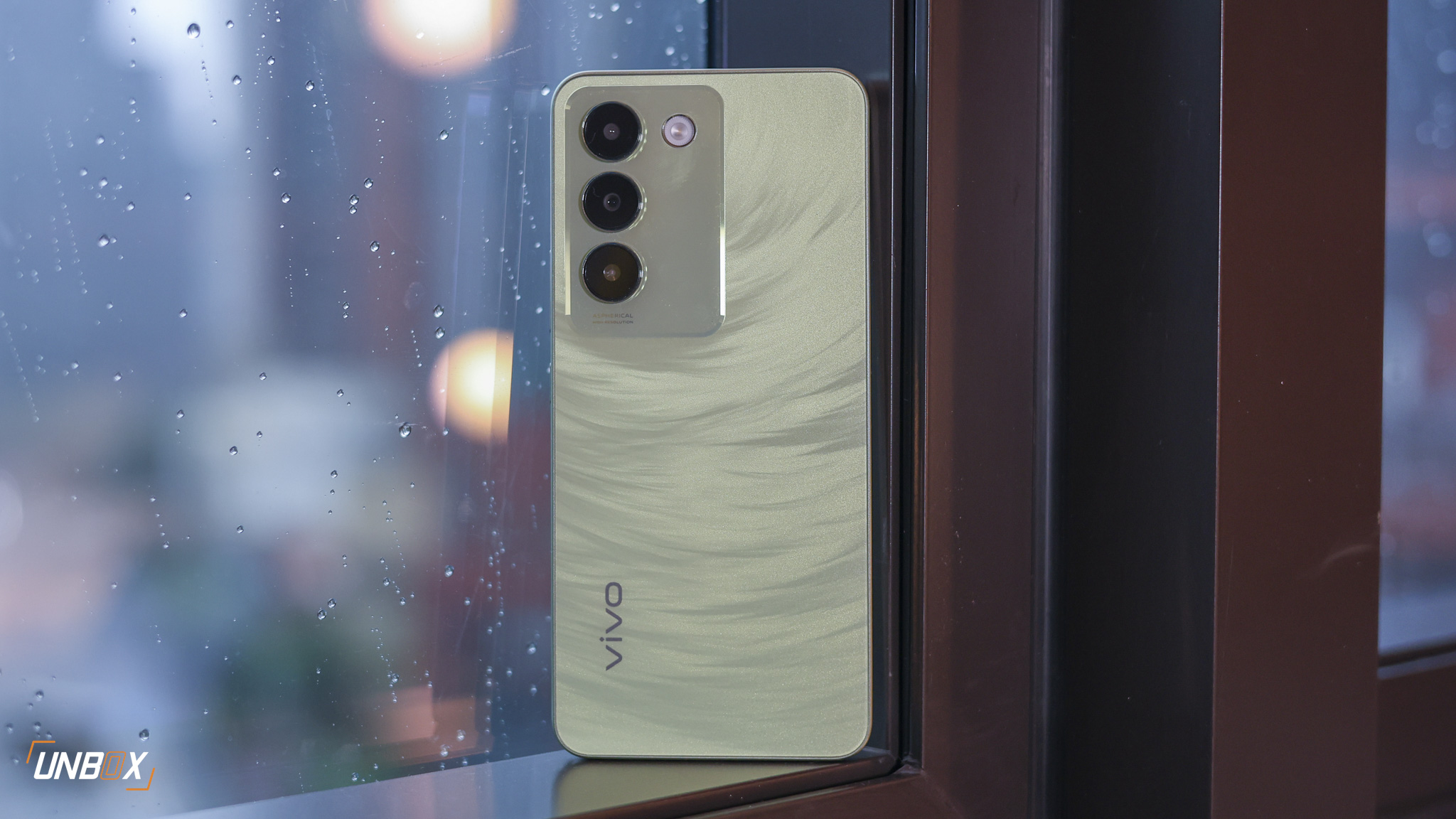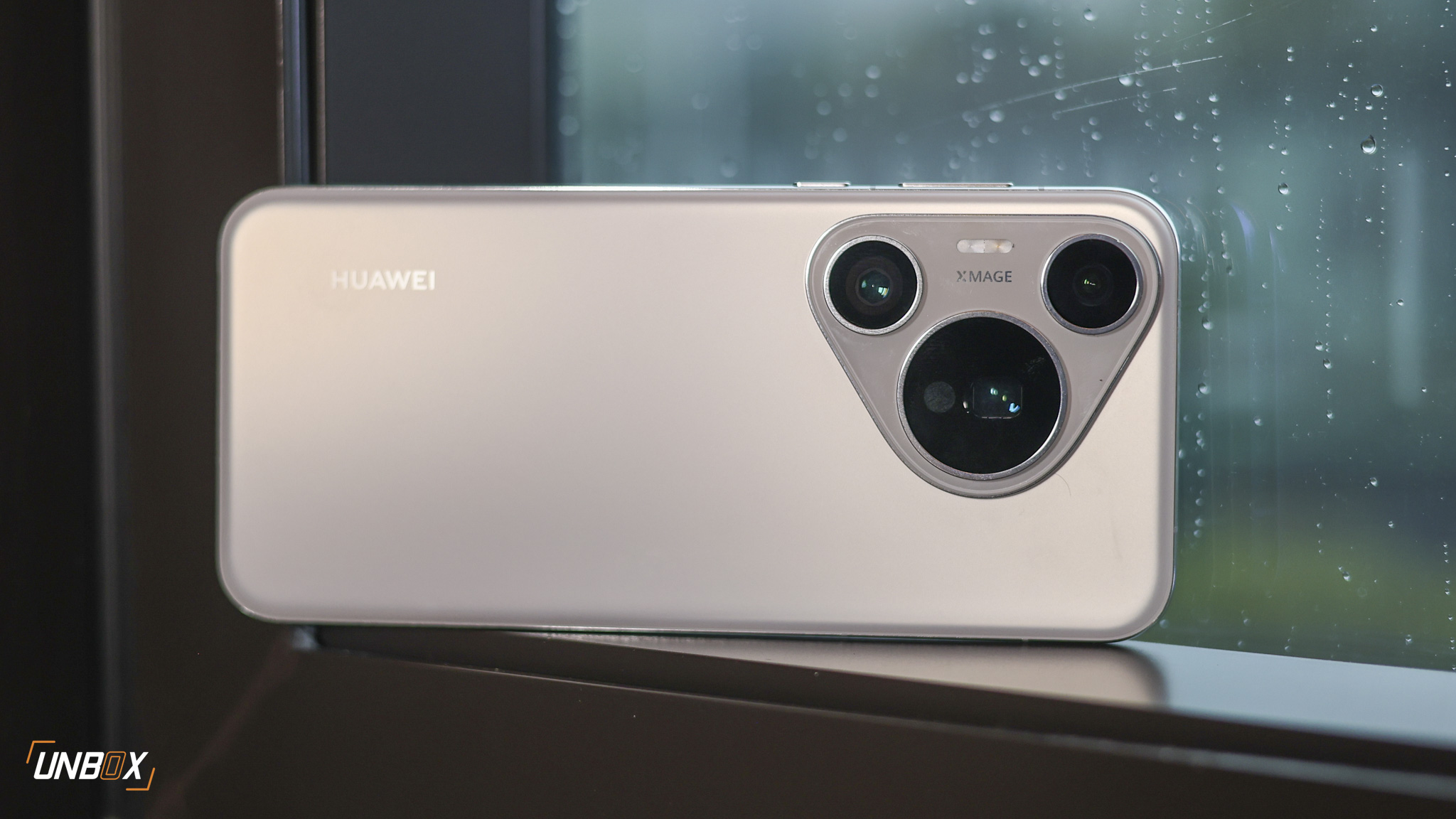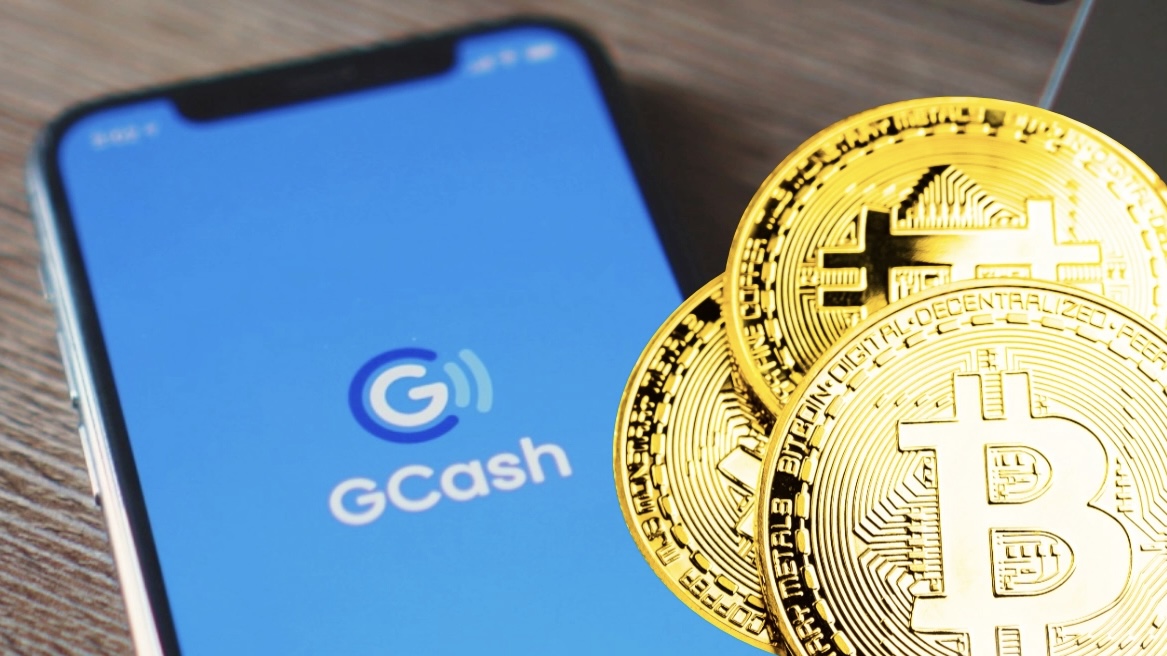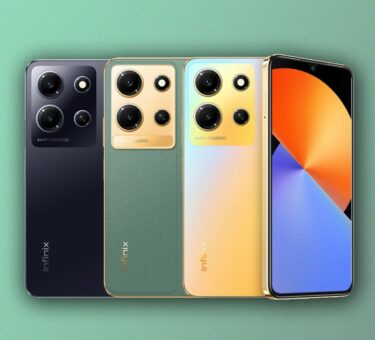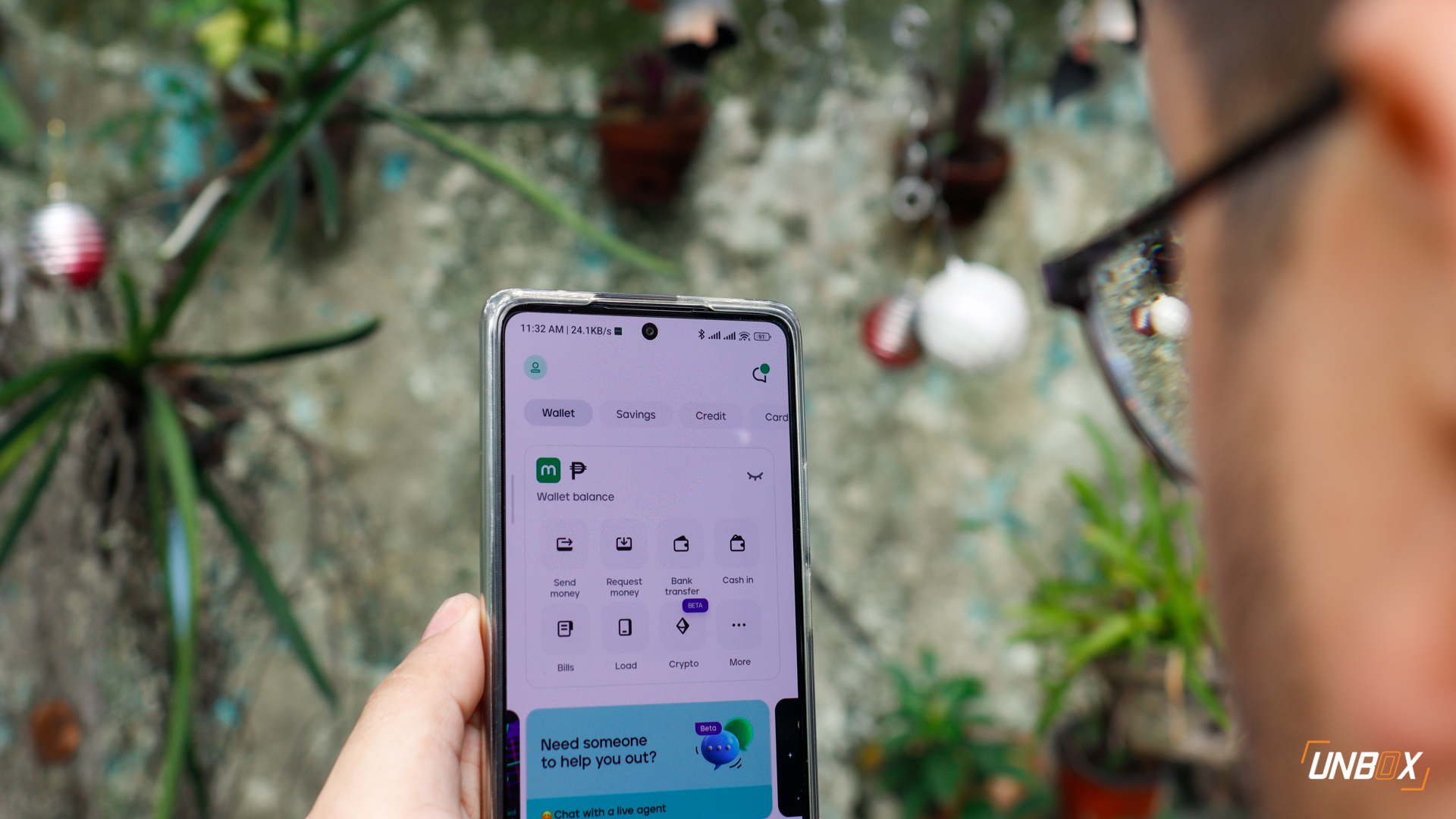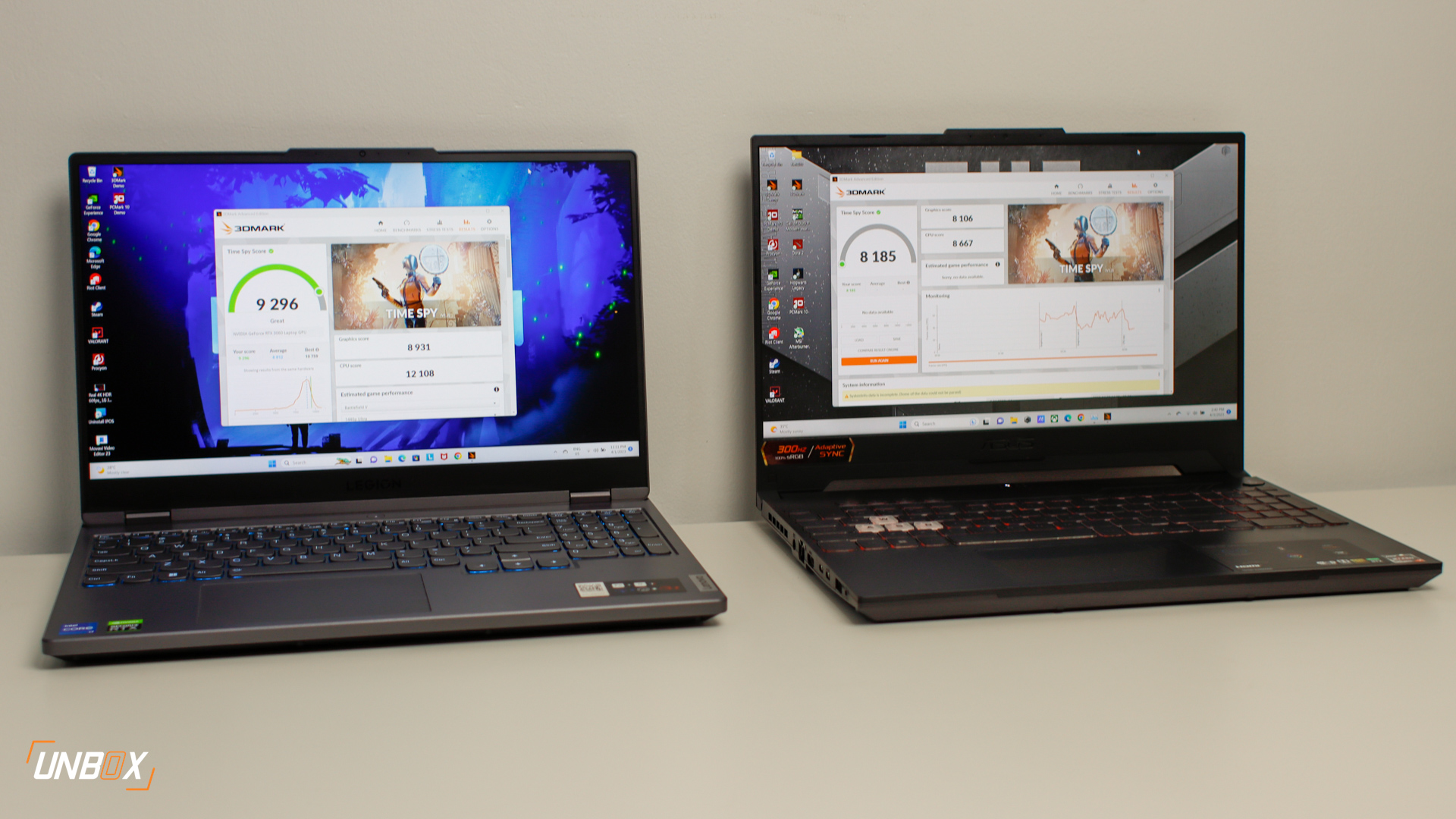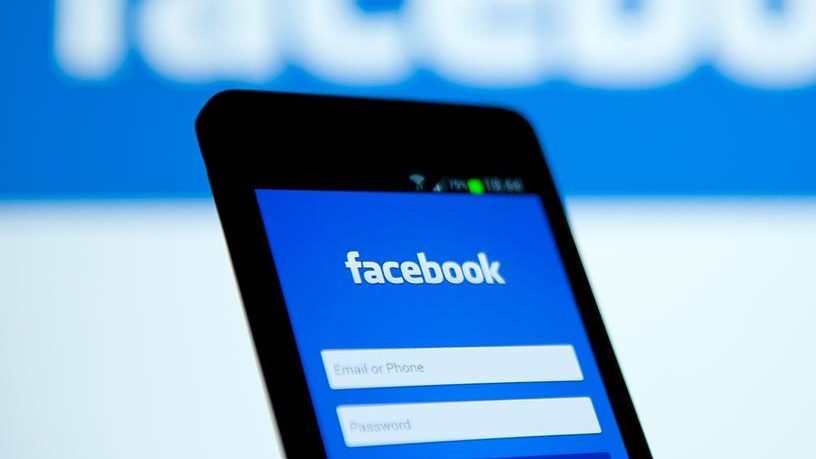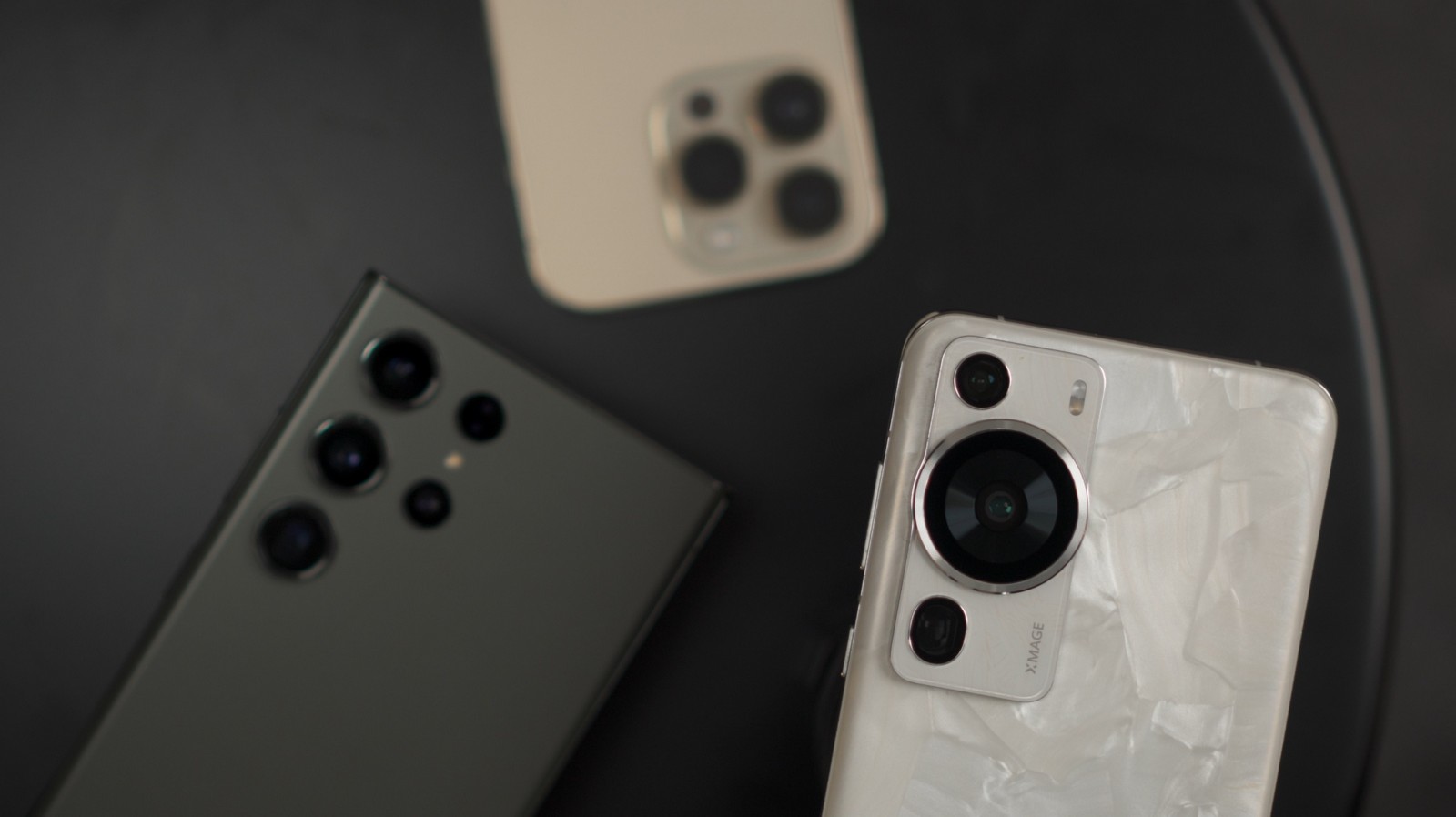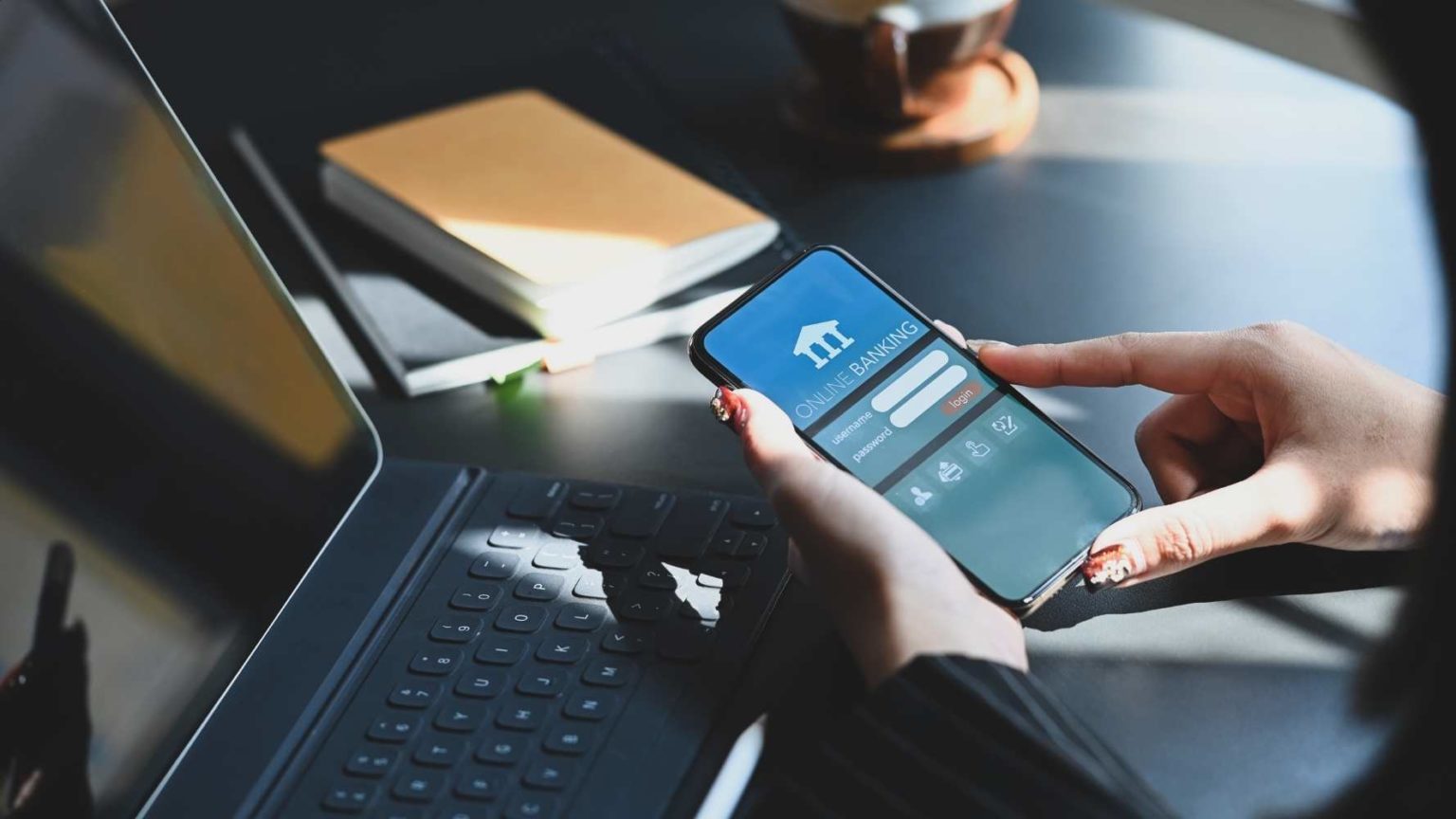Today, Senator Jinggoy Estrada proposed the Philippine Online Library. It’s supposed to be the fix to our country’s education and accessibility issues, bringing forth a new era of learning for developing young minds. But we have some questions about it too. Here’s the summary.
Based on the document provided, the Philippine Online Library will be a digital version of textbooks and other learning material uploaded to a main database on the web. It will be jointly managed by the DepEd and DICT to supplement the education of public school, primary and secondary level students.
This proposed policy aims to ensure that “the country’s citizens are computer literate and are provided access to an increasingly digitized world.”
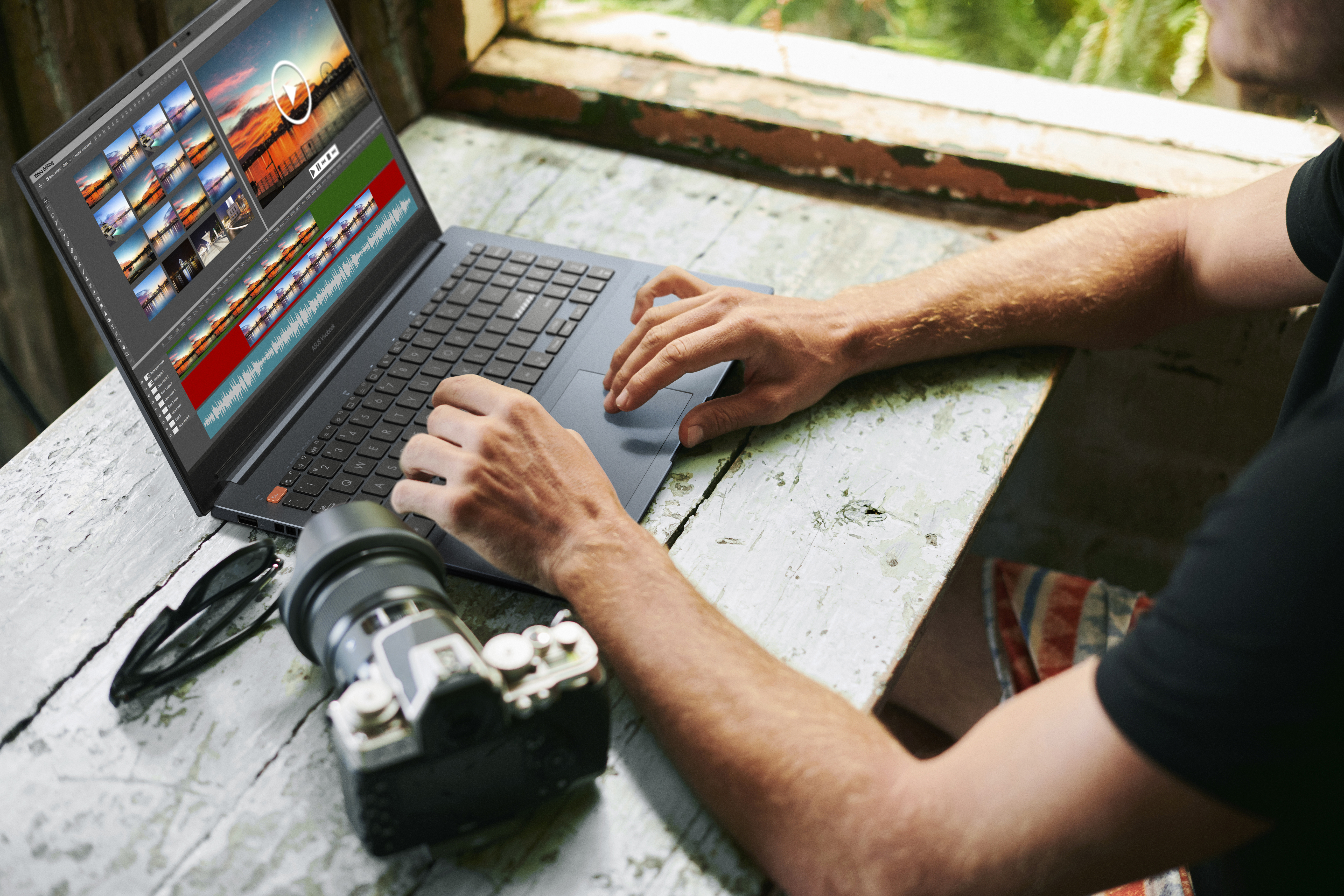
Some may be asking, “how can children access these when their families can barely afford basic necessities?” It’s also provided in the bill that the government will be responsible with giving the students electronic devices such as laptops, tablets, and other gadgets they may access the Philippine Online Library with. This includes recycling old, broken computers from other government agencies that will be relegated to the exclusive uses of this Act. The DICT is also tasked to enable a fast, reliable internet connection to every primary and secondary public school in the country.
The government will be providing the involved agencies with PHP 500 million to initially launch the project, with ownership of the digital content (in collaboration with the National Library) and long-term server maintenance also part of the budget allocation. Long-term funding will be courtesy of the annual “General Appropriations Act.”
It seems like everything is covered… right? Well, we have a few questions in our minds about this Philippine Online Library proposal. The first being the stipulation that “every public school will get fast, reliable internet.” Let’s face it, even when we pay for private network services in heavily-populated parts of the country, local internet is just unreliable to begin with. Schools in far-flung, low-access areas will have high degrees of difficulty in accessing these materials. Especially those with frequent power outages and signal disruptions.
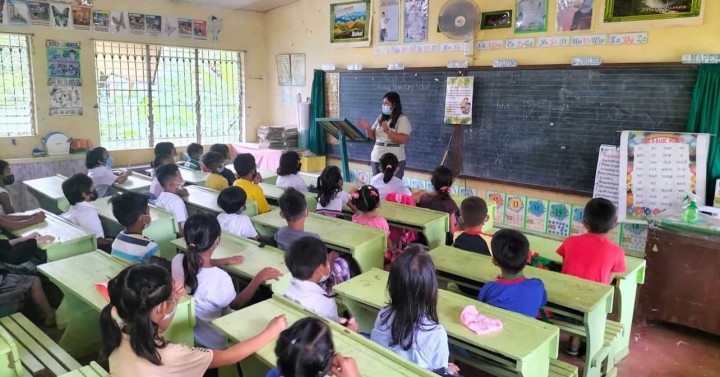
Also, providing tech for everyone is a tall order. The DepEd mentions an enrolled total of 27.1 million public school students for the School Year 2022-2023. As we all know, this number is usually lower than actual attendance due to late enrollment, wonky recording systems, or some other reasons. If you have 30 students in a class and ten devices, then how can people take their readings home? A shared study experience might be good in the classroom but it’s not feasible outside of it.
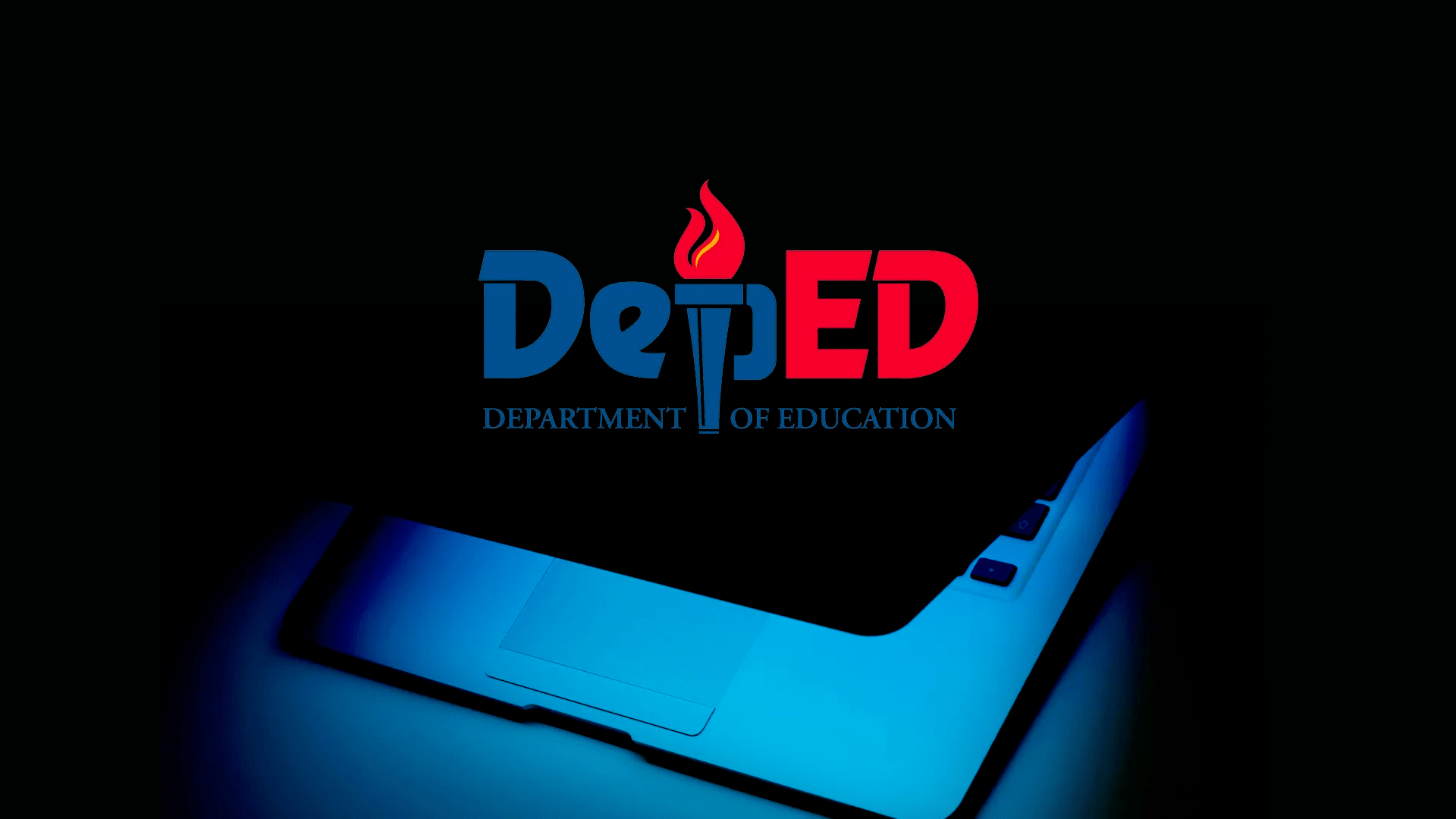
Let’s not forget the fiasco that occurred the last time we had a major batch order of tech for educational purposes.
This Philippine Online Library proposal is quite optimistic and strives for the goal we all wish to achieve: equality in education. But for now, we have to address the glaring issues before we waste more resources on an unrealistic endeavor.
What do you think?


